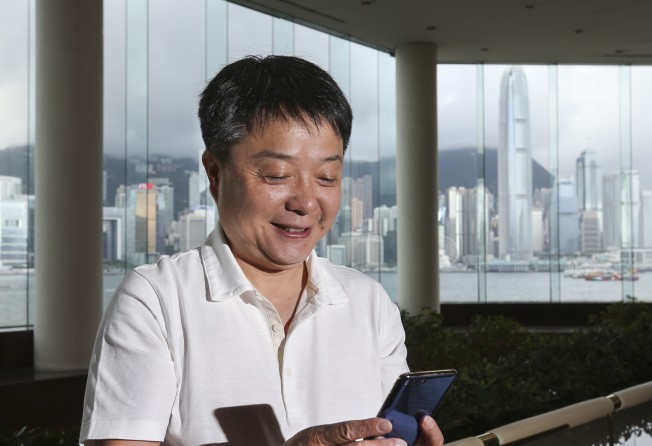Smart devices are about to get even smarter, says Xiaomi’s new global head

Chinese electronics giant Xiaomi has millions of people around the world using its smart products, from fitness bands to air purifiers. And in the future, technologies like artificial intelligence and deep learning could start giving those users personalised advice – such as fitness tips or meal plans – based on the data generated from these devices, according to a senior executive at the company.
“According to our internal statistics, Xiaomi is probably the world’s biggest Internet of Things (IoT) company right now,” said senior vice president Wang Xiang. “As of the end of last year, we have over 50 million device connections [around the world].”
That figure includes connections from Xiaomi’s popular Mi fitness band, smart lamps, smart weight scale, and devices such as its smart rice cooker, all of which can be controlled via a user’s smartphone.
As Xiaomi pours money into developing emerging technologies, including setting up an “exploration lab” to develop virtual reality, robotics and AI, Wang envisions a future in which users can receive customised advice based on the data generated by those devices.
“For example, the fitness band records different metrics such as your daily steps, sleep habits, and heart rate. [When used in conjunction] with something like our smart weight scale or smart blood pressure monitor, Xiaomi could partner with other companies to offer customised exercise or dietary programmes based on data analysis,” said Wang, who also heads the company’s international business.
“AI is going to be one of the most important technologies that will transform people’s lives,” he added.
Xiaomi’s affordable fitness trackers, which cost between US$17 and US$22, have propelled the company to become the No. 1 wearables company worldwide, overtaking rivals such as US-based Fitbit.
Wang, who recently took over from Hugo Barra to oversee the company’s global markets after Barra left in January to join Facebook, was in Hong Kong for the launch of the city’s second Mi Home retail store.
Xiaomi was first thrust into the spotlight for its affordable smartphones, which boasted competitive specifications while being hundreds of dollars cheaper than rivals such as Samsung. The previously online-only retailer is now making a big push in the offline space, after Chinese competitors like Oppo and Vivo, which rely heavily on their offline networks to distribute their devices, edged Xiaomi out of the top five smartphone brands in China.
“In China, only 20 per cent of smartphone sales are conducted online,” Wang said. “Although we are still the top online retailer for smartphones in China, we want to open up both online and offline as sales channels.”
Xiaomi currently has over 100 stores in China, and plans to hit 200 Mi Home retail stores by the end of this year. In five years, it plans to draw 70 billion yuan in annual revenue from its offline channels.
The company directly operates Mi Home stores in the mainland, Hong Kong and Taiwan, and recently opened its first shop in Bangalore, India. In other markets, Xiaomi works with authorised retailers to sell its products offline.
The company’s biggest focus overseas is still its India market, where it is already No. 2 in terms of market share.
“We want to offer Indian consumers a smartphone with competitive specifications and at a price point that they cannot refuse,” Wang said.
Xiaomi is aiming to open 100 offline stores in India as it continues working to cement its No. 2 spot and increase its smartphone market share, which stood at 10.2 per cent in the first quarter of this year according to research firm IDC. Rivals Oppo and Vivo come in at fourth and fifth with 8.6 and 7.6 per cent respectively.